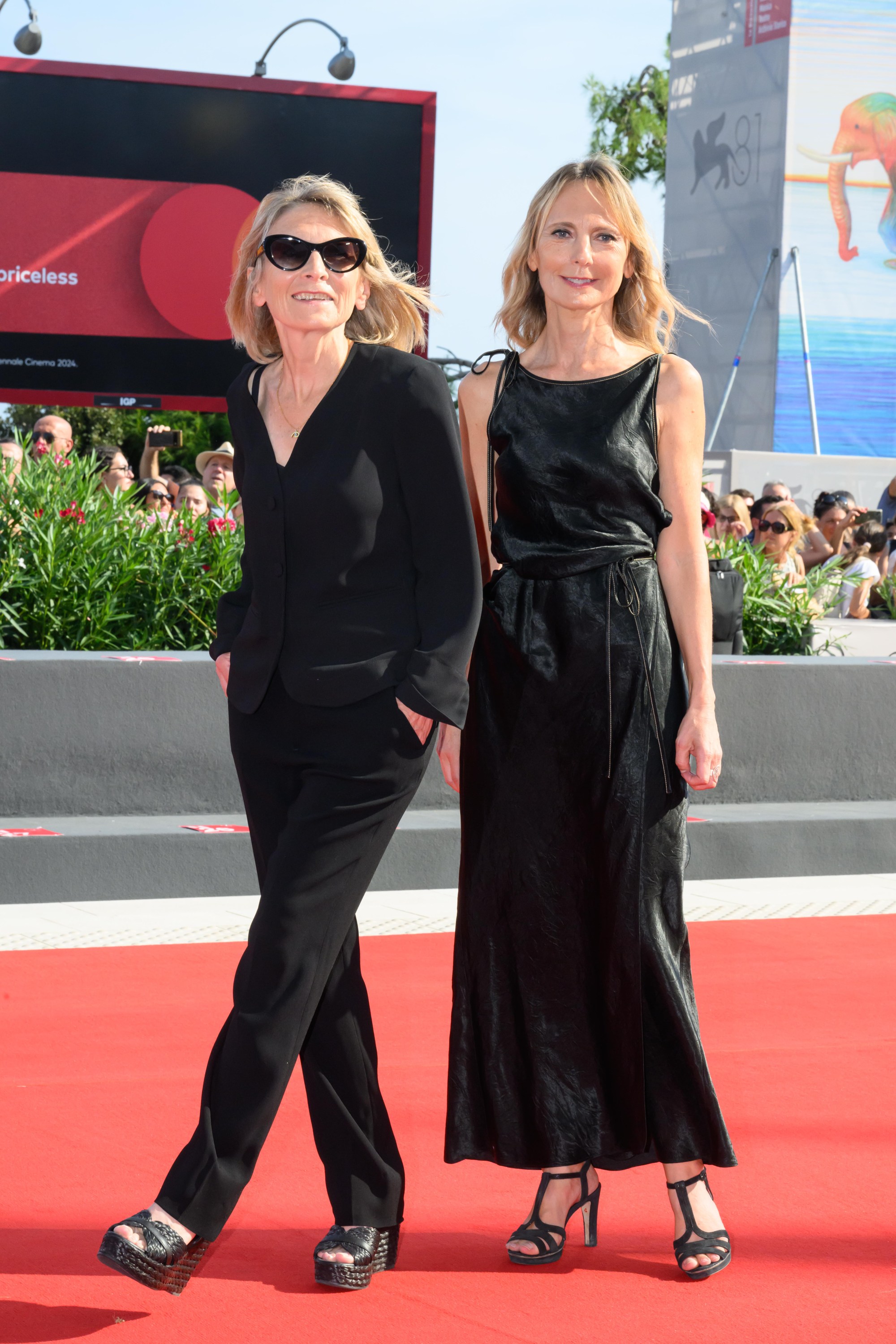
Venice Festival: Women Filmmakers’ Presence Growing but Not There Yet
Someday, the strong presence of women filmmakers in film festivals will be a matter of course. Meantime, we herald the increasing presence of women directors in international festivals as we clamor for the narrowing of the gender gap of talents behind the camera in these fests.
In the 81st Venice Film Festival, women directors account for six out of the 21 films in competition this year, with one film featuring two female helmers.
This number is higher than the ones in the last three years of the festival when it had only five female filmmakers in competition.
Although it makes up just 29% of the official selection count, that number is lower in the other categories – 28% in Out of Competition, 21% in Horizons, and just one female director (as a co-director) in Horizons Extra.
The women directors competing this year in Venice include Georgian filmmaker Dea Kulumbegashvili with her drama April, Dutch actress-turned-filmmaker Halina Reijn (erotic thriller Babygirl starring Nicole Kidman, Harris Dickinson and Antonio Banderas); Giulia Louise Steigerwalt (second feature Diva Futura); Athina Rachel Tsangari (neo-western Harvest), Maura Delpero (Vermiglio); and French sisters Delphine Coulin and Muriel Coulin (third feature The Quiet Son).
Dea Kulumbegashvili, who is known for her 2020 film Beginning, earned a Master of Fine Arts degree in film directing at Columbia University School of the Arts. Born in Oriol, Russia, Dea was influenced by her experience growing up in a small town called Lagodekhi at the foot of the Caucasus Mountains in Georgia where a mix of ethnicities and nationalities existed.
Her film April is about a doctor accused of performing illegal abortions. She said of her film, “With April, my goal was to explore and analyze the dichotomy and convergence between existence and womanhood. This naturally led me to the themes of birth and death.”
Halina Reijn, whose debut feature was Instinct, wrote, produced and directed the erotic thriller Babygirl with Nicole Kidman as a CEO married to Antonio Banderas. Kidman starts an affair with a young intern, played by Harris Dickinson.
Reijn explained, “All of us carry a little black box filled with taboo fantasies that we might never share with anyone. I am fascinated by the duality of human nature, and this film is an attempt to shine a light, without judgment, on the opposing forces that make up our personalities.”
Giulia Louise Steigerwalt, who graduated in philosophy with a film art management major at the Sapienza University of Rome, made her directorial debut with September in 2022 which got her a David di Donatello prize for best new director and a Silver Ribbon in the same category.
Diva Futura is about the rise of an erotic-film company. She described the movie as “an impartial portrait, the story of the tragic parable of a group of characters who, if in some respects were fighting for freedom, paradoxically contributed with their work to normalize something that goes against the freedom of women themselves, namely the commodification of the female body. In this sense, this is the story of a great contradiction.”
Athina Rachel Tsangari is the only female director returning to the Lido after she megged Attenberg, which was in competition 14 years ago. She founded and has been director of the CinemaTexas International Short Film Festival.
Harvest is a tragicomic take on a Western. Tsangari explained, “With this film, an adaptation of Jim Crace’s novel Harvest, we had the chance to examine the moment when it all began for us — 21st-century heirs to a universal story of land loss. To me, Harvest is a film about reckoning. What have we done? Where do we go from here? How can we salvage our soil, the self within the commons? Harvest takes place in a threshold realm, tracing the first ruptures of the industrial “revolution.”
Maura Delpero, whose Locarno award-winning film was Maternal, was born in Bolzano, Italy and studied film at the Professional Training Center of SICA in Buenos Aires. Her movie, Vermiglio, is set in an Italian village during World War II.
Delpero stated, “Vermiglio is a landscape of the soul, a ‘family lexicon’ that lives inside me, on the threshold of the unconscious, an act of love for my father, his family and their small village. Traveling through a personal time, it wants to pay homage to a collective memory.”
Delphine and Muriel Coulin, the sibling directing duo, is one of three filmmaking duos playing in competition. They made their feature film debut in 2011 with 17 Girls which played in the 2011 Cannes Film Festival.
The Quiet Son is about Pierre (Vincent Lindon), a devoted father in his 50s, who raises two sons alone — Louis (Stefan Crepon) and Fus (Benjamin Voisin). Louis, the younger, leaves home to attend Sorbonne University in Paris while Fus becomes more and more secretive and gets entangled in far-right extremist groups at the very opposite of his father’s values.

